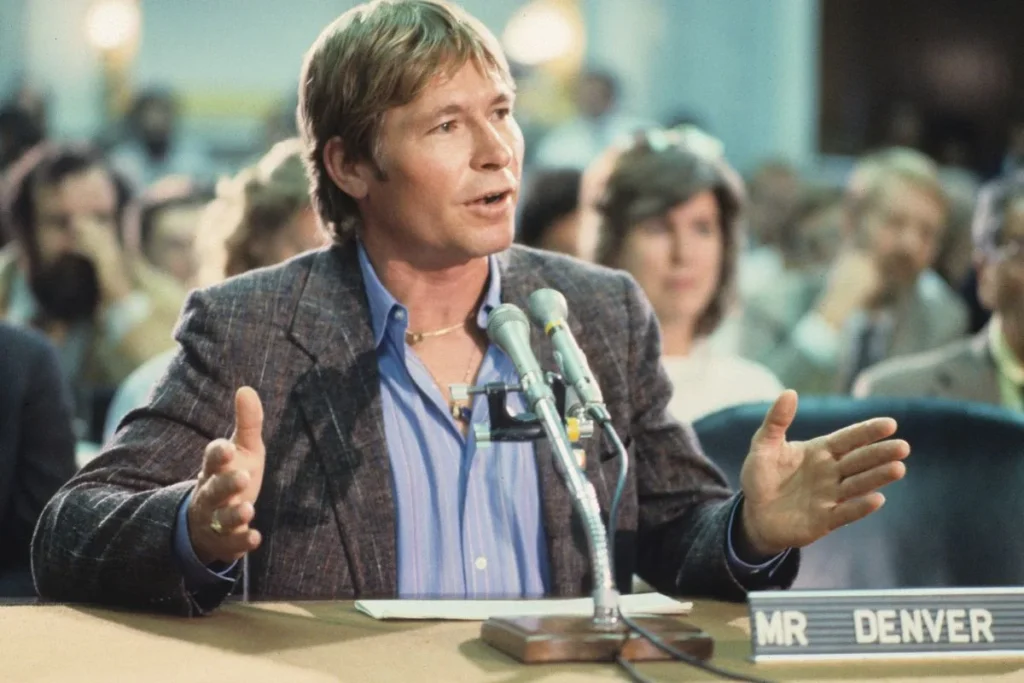
Yearning for Escape Wrapped in the Tender Harmony of Hope and Loneliness
When John Denver released “Fly Away” in October 1975, the single soared swiftly up the charts, ultimately landing at No. 12 on the Billboard Hot 100 and climbing even higher to No. 1 on the Adult Contemporary chart. It was the second single from his chart-topping album Windsong, which epitomized Denver’s mid-70s dominance as the gentle bard of American introspection. Nestled within his golden period of commercial success and artistic resonance, “Fly Away” marked a poignant collaboration with Olivia Newton-John, whose ethereal harmonies echo through the chorus like a distant echo of yearning.
This song is more than just a duet between two of the era’s most beloved voices; it is a ballad of quiet desperation, wrapped in soft melodies that belie its emotional gravity. At its core, “Fly Away” is a meditation on the ache of confinement—the soul’s persistent longing to escape the unyielding structures of everyday life. The lyrics unfold with an aching simplicity: “All her days are spent in silent rooms / She dreams of faraway places / And wishes she were there.” Denver crafts a portrait not of flamboyant rebellion but of subtle erosion—a woman quietly worn down by routine, longing for something undefined but deeply felt.
In typical Denver fashion, the natural world becomes a metaphor for freedom. The idea of flight—of taking to the sky, untethered and unseen—is not just a physical departure but a spiritual aspiration. It’s no coincidence that birds often symbolized freedom in his work; here, flight becomes synonymous with self-rediscovery. The protagonist doesn’t seek glamour or adventure, but release—a shedding of burdens, a return to something purer. And yet, for all its romanticism, there’s a haunting resignation in the repeated refrain: “Fly away, fly away.” It’s a wish, perhaps even a prayer, but not a promise.
Musically, “Fly Away” is restrained yet lush. Denver’s acoustic guitar lays a gentle foundation, over which Newton-John’s voice glides like mist on a mountain morning. Their harmonies are hauntingly intimate, evoking a sense of shared solitude—two voices reaching for the same unreachable horizon. The understated arrangement allows the lyrics to shine, underscoring Denver’s belief in the power of words to carry emotional truth.
Released during a time of great personal and national searching—the aftermath of Vietnam, the crumbling of idealism in the wake of Watergate—“Fly Away” captures a collective sigh. It’s a song for those standing still but dreaming far, for those who stare out windows wondering what might have been or could still be.
In the canon of John Denver, “Fly Away” stands as one of his most intimate reflections—not just a hit single, but a soft-spoken anthem for dreamers pinned to earth, eyes skyward, hearts open.